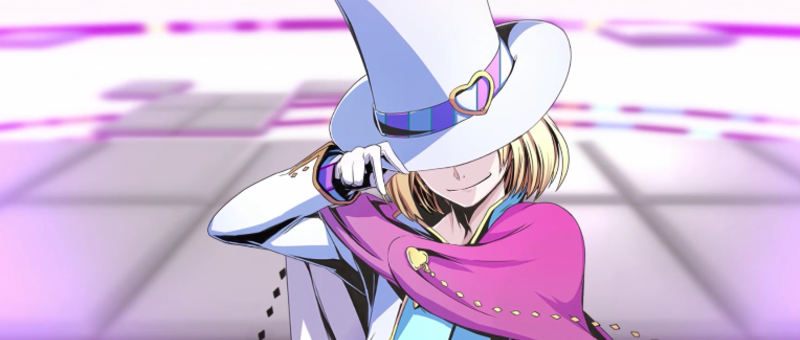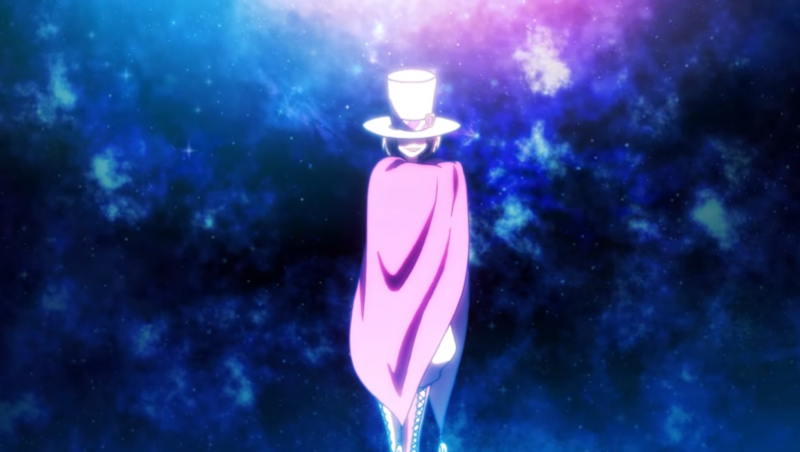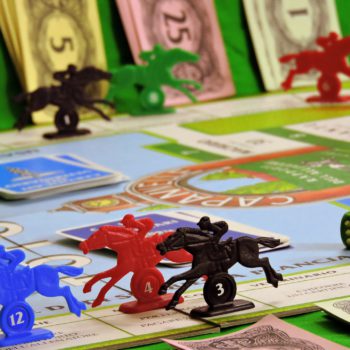
Gaming localisation vs censorship: A difference everyone in the industry needs to understand
A lot has been said about the role of censorship in gaming localisation in recent years. Mostly fuelled by the adaptation of Japanese games for western audiences, the debate has sparked various scandals and a tonne of bad press for game publishers like Nintendo and the localisation agencies they have worked with.
A large section of gamers have a clear message for publishers: censorship isn’t welcome.
However, much of the debate is blurring the line between censorship and what is actually gaming localisation. The difference is an important one and everyone in the industry should understand it: from game publishers to the gamers themselves.
Gaming localisation vs censorship: Starting at the top
The use of the word censorship around gaming localisation has gone way past the mark. There’s a trend now amongst gamers to kick up a fuss as soon as anything is adapted for cultural purposes in a game – and people love jumping on the bandwagon.
Here’s a quote from a former petition on Change.org to Stop the censorship of Japanese Nintendo games in western regions:
“Censorship in the name of ‘cultural differences’. This kind of censorship is applied when video game publishers fear that leaving a game in its original state (in our case, leaving it as it was released in Japan) could lead to serious financial losses, when compared to releasing ‘adjusted’ games.
Calling censorship ‘adjustments’ in a euphemistic manner is something that Nintendo has been very prone to in recent years.”
The same sentiment has reached people working within gaming localisation itself. Earlier this year, a game developer inadvertently referenced the Klu Klux Klan with a group of characters called “KKK witches” in the original version of the game.
One localiser demanded his name be removed from the credits after the name was adapted for western audiences, citing censorship.

The dangers of crying out censorship
This sums up this issue at hand rather nicely. The gaming developer in question never intended to reference the Klu Kux Klan. If he had, then you could argue this is censorship.
The fact he didn’t raises a number of important points:
- The developer never intended to reference the group
- The developer is unaware of the implications that could arise from the name used
- The game doesn’t intend to make any kind of political comment
- The name as it will be understood by international audiences incorrectly represents the characters in the game
- Changing the name actually returns the game content closer to its original meaning
It’s worrying that anyone in the gaming localisation industry would protest this name change. Doing so returns the name to being a relatively insignificant detail (as it was intended), instead of tarnishing the game’s reputation in certain markets. Which, presumably, was never the original intention of the name choice.
Equally, when the developer never intended to reference such an infamous and politically significant group, should they be forced to stick with their original choice or have the opportunity to avoid the backlash?
With gaming localisation there’s no script and individual gamers aren’t the priority. The simple fact is developers work hard to try and please the largest possible fanbase – not only for their own profit but in an effort to please as many loyal fans as possible.
Perhaps more importantly, it’s about not tying your brand to an international reputation you don’t want to be involved with. Whether it’s historical racism or any of the numerous other talking points Japanese games are associated with in the west.
- Posted by Alexandra Kravariti
- On 21st September 2017
- 0 Comments



0 Comments